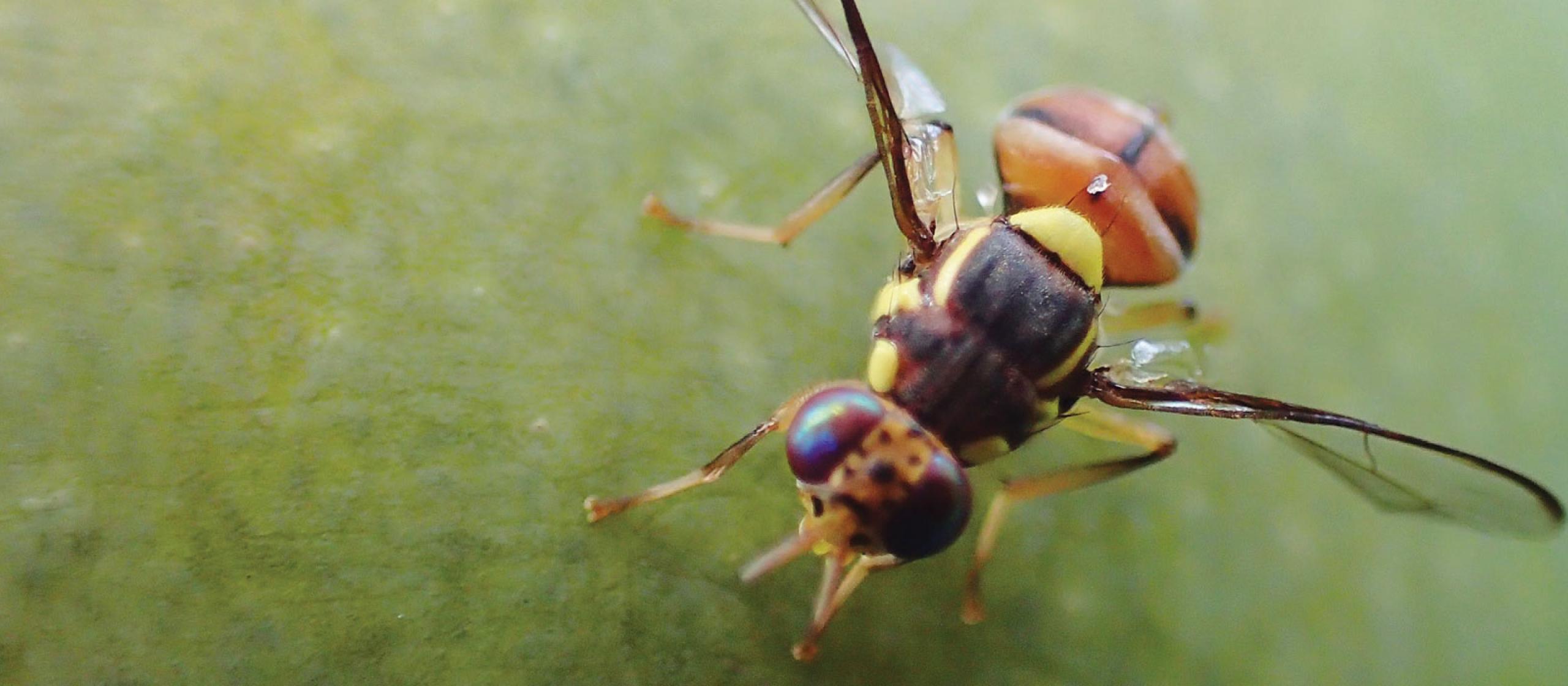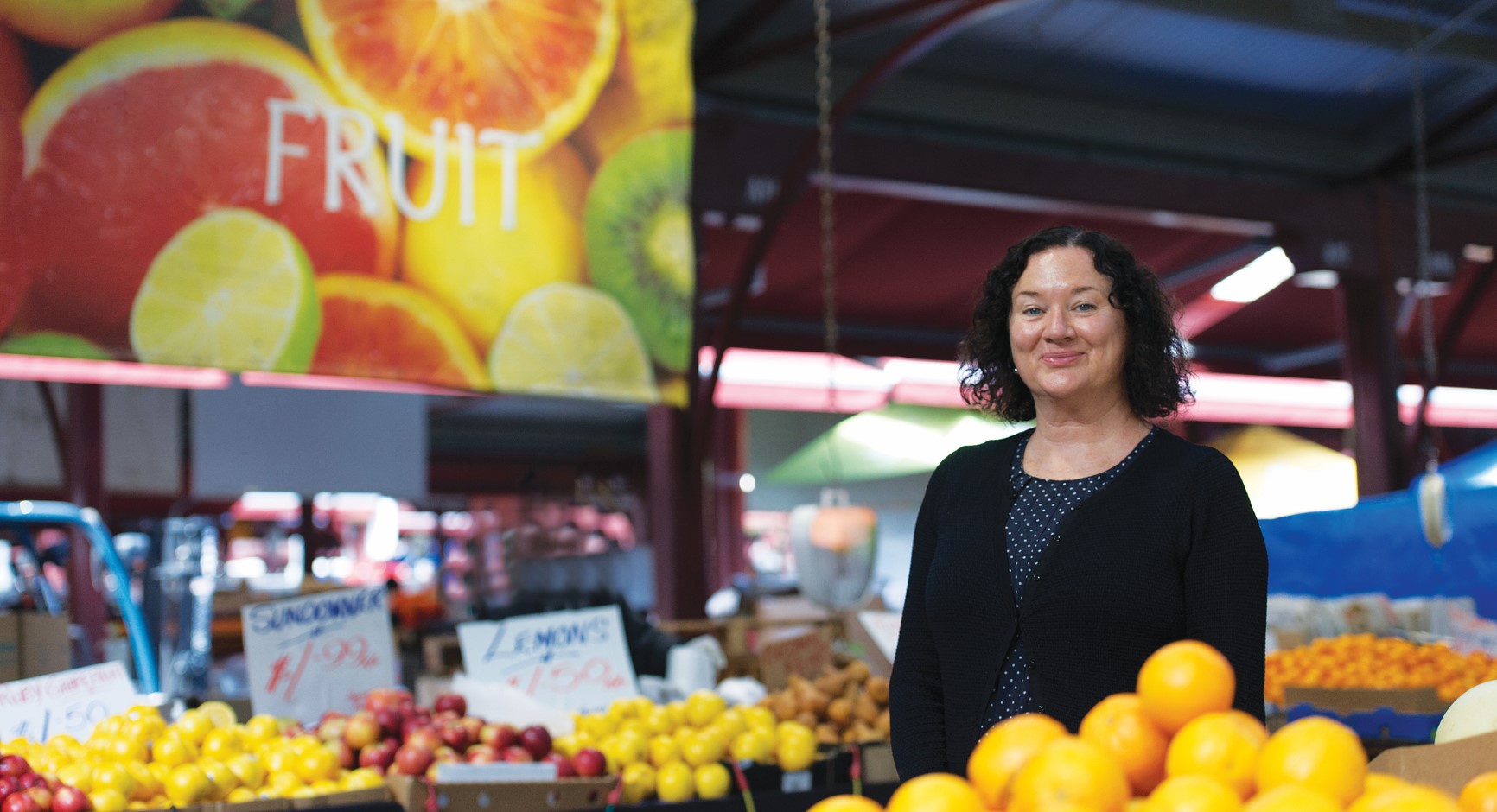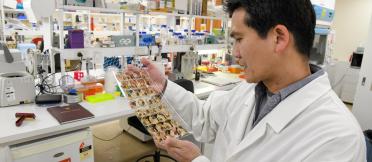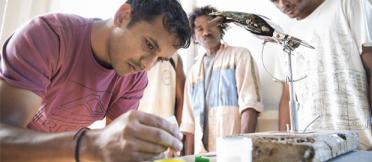By Dr Jo Luck, program director, Plant Biosecurity Research Initiative
Biosecurity is one of the crucial intersections for research collaborations between Australian agricultural researchers and ACIAR-supported activity in partner countries. This is an increasingly vital area for research and extension to control the spread of pests and diseases within and between countries. It is also often a determining factor in global food security and being able to trade farm goods.







